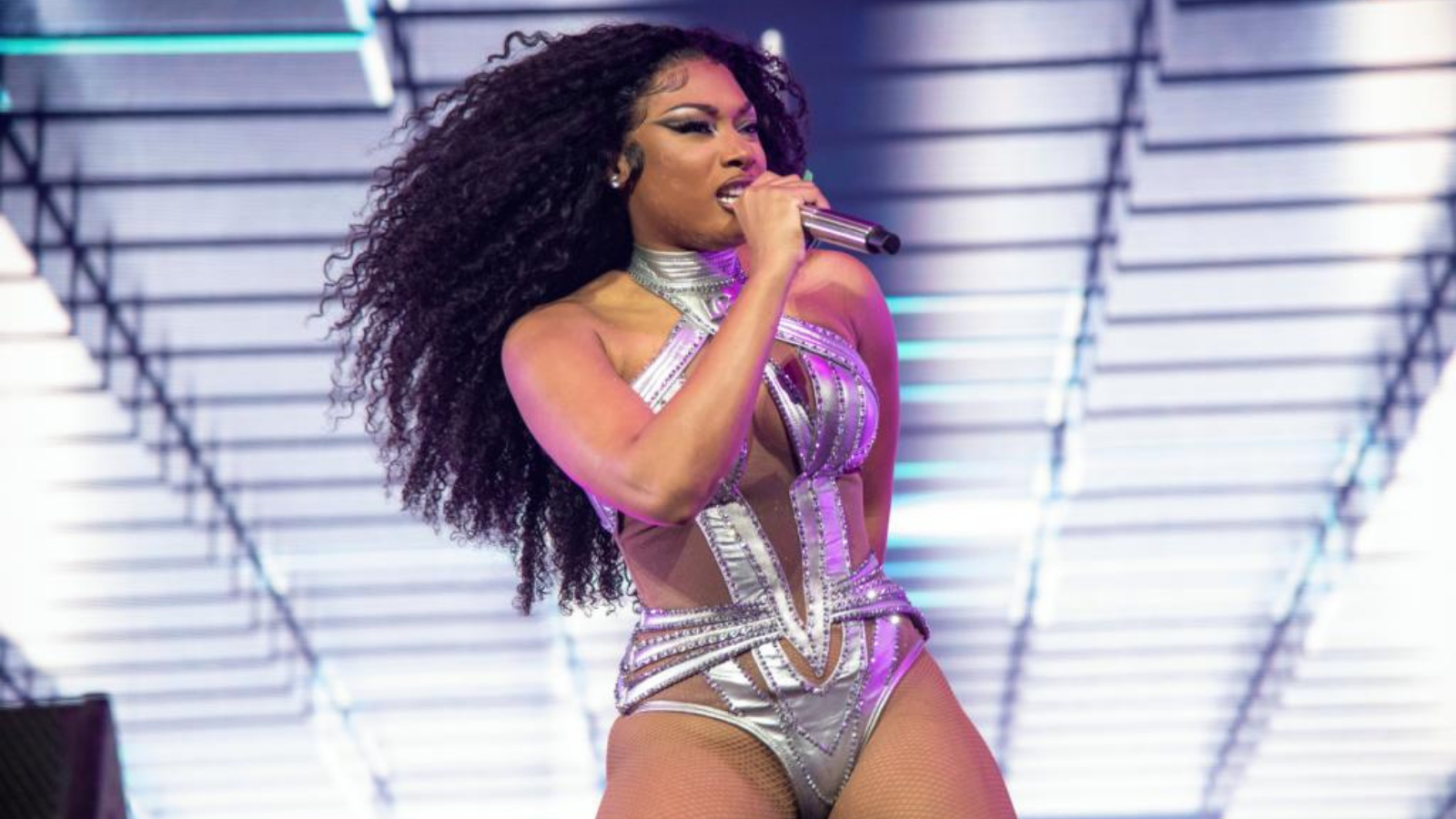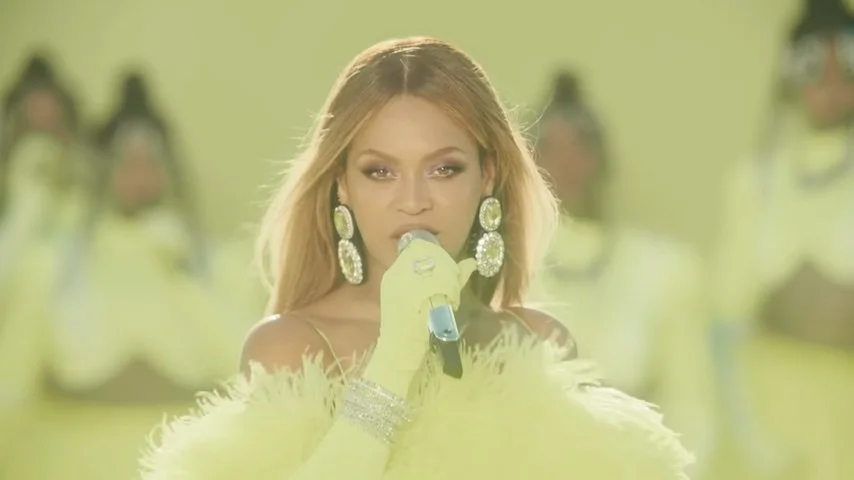A Retrospective: Beyoncé's '4'
If you remember anything about 2011, you'll recall that EDM was all the rage. If your name wasn't Adele, you were making big bombastic pop songs with a dance/electronica edge. In 2011, Beyoncé was coming off her biggest album yet, I Am... Sasha Fierce. That album housed hits like "Single Ladies" and "Halo" and gifted Beyoncé her most Grammys for a single album and her biggest tour at that point. I Am… Sasha Fierce was decidedly more pop than any album Beyoncé had released as a solo artist. Her previous two efforts, Dangerously In Love and B'Day, were primarily R&B with notes of hip-hop and funk. Naturally, the logical next step for Beyoncé would be to delve further into pop and dance music on her fourth LP. Never one to conform to popular trends, Beyoncé opted to return to her R&B roots with 4 and craft a love letter to the genre.
For most of the latter half of the decade, the question of whether or not R&B was dying/dead was a big (and valid) one. Even in more recent years as hip-hop and rap cannibalized more traditional R&B, the question lingered. At the height of the Dance/EDM wave, some of the R&B's most consistent stars abandoned ship and recorded dance music instead. Usher scored big with a featured turn on David Guetta's "Without You" and his own "DJ Got Us Fallin' In Love"; Chris Brown had a massive hit with "Yeah 3x"; and Kelly Rowland went full Europop with the David Guetta collaboration, "Commander." Unlike her peers at the time, Beyoncé stayed true to R&B while still implementing some of the elements of what was popular at the time.
Beyoncé performing "Love On Top" at the MTV Video Music Awards via Giphy.
The album's lead single, "Run the World (Girls)," is the closest thing you'll find to an EDM track on 4. Built around a sample of Major Lazer's "Pon de Floor," the modern-day feminist anthem peaked at #26 on the Billboard Hot 100. The song features Beyoncé's signature sing-rapping on the verses and her knack for beautiful harmonies on the bridge. "Run the World" marked clear growth from B'Day's "Freakum Dress" and set the stage for "***Flawless" and "Formation." Also, "I think I need a barber/none of these n*ggas can fade me" is still one of the best bars I've ever heard.
Aside for "Run the World," 4 explored the different subgenres of R&B with a deceptive effortlessness. Rock and R&B have a close musical chemistry thanks to gospel music, and Beyoncé flexes the relationship between the two genres on "I Care" and "1+1." Both built around guitars, Beyoncé shows off her matured voice and expansive vocal range on the two songs. On "1+1" she exercises excellent vocal control on what could have been an easily sappy ballad. On the bridge of "I Care," however, Beyoncé mimics the guitar solo with her voic and shifts through octaves with a startling precision and clarity.

Contemporary R&B is represeted by the album's biggest single, "Best Thing I Never Had," a pop-influenced ballad, and "Start Over," another rousing ballad. In addition, there's the sultry "Dance for You" on 4's deluxe edition, a tribute to R&B's freaky side. Some of my favorite tracks on the album draw their influence from doo-wop music: "Rather Die Young" and "Love On Top." The whimiscal "Rather Die Young" is especially interesting as Beyoncé portrays the reckless love described in the lyrics through her growling vocal performance. The famed "Love On Top" houses an incredible four(!) key changes and recalls doo-wop's influence on male R&B groups like Boyz II Men and New Edition (who inspired the song's music video). Speaking of Boyz II Men, their song "Uhh Ahh" is sampled in "Countdown," the #71-peaking single from 4. On "Countdown" Beyoncé recalls '90s R&B with the sample, but flips the song on its head and brings it closer to hip hop-influenced R&B. The post-chorus, where Beyoncé raps in an expressive almost-staccato manner, is an especially fun bit. '90s R&B is also referenced in "Party," a collaboration with André 3000. On that track, Beyoncé stacks her own voice so many times it sounds like an entire girl group; the funk and soul influenced song is a fan-favorite for a reason. 2012 saw the mainstream embrace alternative R&B with the release ofFrank Ocean's Channel ORANGE. As usual, Beyoncé was one step ahead of the game when she collaborated with Frank on another 4 deep cut, the initimate and understated "I Miss You."

Finally, it's not a Beyoncé record if there isn't some kind of brass. On the Fela Kuti-inspired "End of Time" and deluxe tracks like "Schoolin' Life" and "Lay Up Under Me," Beyoncé taps into the legacy of funk music with big brass sections and joyfully powerful vocal performances.
4, while one of Beyoncé's most praised albums, is her least-selling and least-successful solo album ever. Despite debuting at #1 and selling over three million copies worldwide, the album (which was leaked and illegally downloaded 11 million three weeks before its official release) was often viewed as a stain on Beyoncé's discography. In recent years, fans and critics have begun to recognize how important 4 was for Beyoncé's career and the entire genre of R&B. With 4, Beyoncé carried the entire genre on her back through a wave of music that nearly killed it. Furthermore, the record cemented Beyoncé as more than a pop star, she was (and is) an artist with a keen sense of self and purpose. So, here's to 4, an album that continues to age like a fine wine.







Bree’s latest single is an uncharacteristically redundant offering.